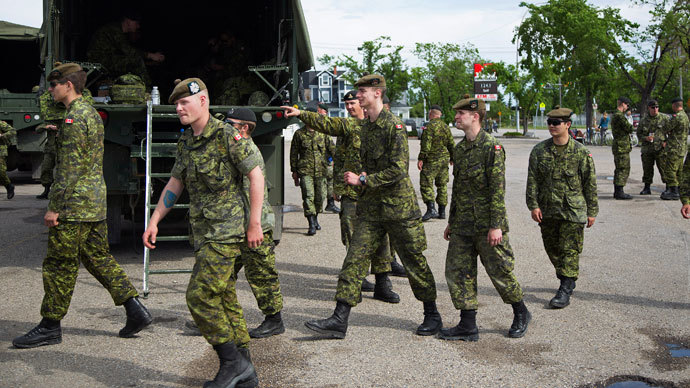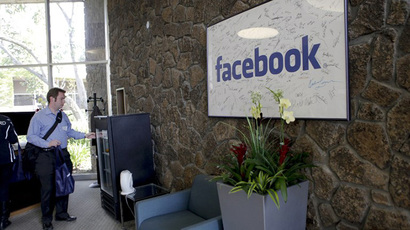Wounded Canadian veterans pressed to not criticize military on social media

The Canadian Armed Forces requires physically and mentally wounded service members to sign a form agreeing to not criticize senior officers or demoralize other troops on social media sites.
The form is given to wounded soldiers transferred to the Joint
Personnel Support Unit (JPSU), which oversees support centers for
troops across Canada. The JPSU has received public scrutiny in
recent months, as soldiers and staff have been vocal about the
lack of resources and dysfunctional support centers.
Service members gave the social media policy form to the Ottawa
Citizen, expressing dissatisfaction over what they saw as a
threat to their right to voice criticism of the Department of
National Defence and Canadian Armed Forces (CAF) for lackluster
care.
The JPSU told the Ottawa Citizen that the policy was not made to
defer criticism of officials, but rather “to educate our
members and personnel on what constitutes the appropriate and
inappropriate use of social media and the possible ramifications
for a CAF member.”
The “policy on proper comments on social media” forbids
posting secret information on websites or forums, but also
advises military personnel to avoid disparaging senior officers
or CAF members.
In addition, the policy tells service members not to “write
anything that might discourage others or make them dissatisfied
with their conditions or their employment,” nor to offer
“your views on any military subject.”
The policy form indicates that violating the social media rules
could damage public trust in the CAF and “destroy team
cohesion.”
The form, only six months old, mentions that soldiers in the JPSU
can also be held responsible for social media content of friends
they have “tagged” on Facebook, Twitter, LinkedIn, blogs
and other sites.

While the CAF has a general social media policy for all service
members, the Ottawa Citizen said that all personnel they
interviewed were never made to sign a form like the one given to
JPSU soldiers.
The CAF responded to questions about the form, saying the policy
is issued to all JPSU members. However, the spokesperson could
not offer specific examples of improper social media use.
“It is important for all CAF members to understand and follow
the policies, rules, regulations and standards of conduct that
apply to members of the CAF, including the policy on the use of
social media,” public affairs officer Navy Lt. Michèle
Tremblay wrote to the Ottawa Citizen.
Members of the Canadian military “are encouraged to
communicate publicly about their own experiences and expertise,
in accordance with the Government of Canada and DND/CAF
policy,” Tremblay noted.
If a service member refuses to sign, JPSU staff will note that
the individual has been briefed about the unit’s social media
policy. Various units have their own way of notifying personnel
about CAF protocols, Tremblay said.
“The difference being that the JPSU is asking members to
indicate that they have read and understood the policy by signing
the form,” she said.
Former CAF officers see the form as a way to intimidate members
who were injured for speaking up about substandard treatment.
“It’s not illegal but it’s obviously a threat,” said
Ottawa lawyer and former military officer Michel Drapeau, who has
represented injured soldiers seeking benefits from the Canadian
government. “The criticism about the leadership’s failure to
take care of the wounded is obviously hitting home.”
He said that personnel likely feel compelled to sign, and that it
would certainly be used against them if they violated the policy.
Retired air force officer Sean Bruyea said the CAF has the right
to steer service members’ behavior on social media, but says the
JPSU effort goes too far.
“This is right out of something you would see during the
Soviet era,” said Bruyea, a critic of how the military and
government assists wounded personnel. “This is way over the
top.”














